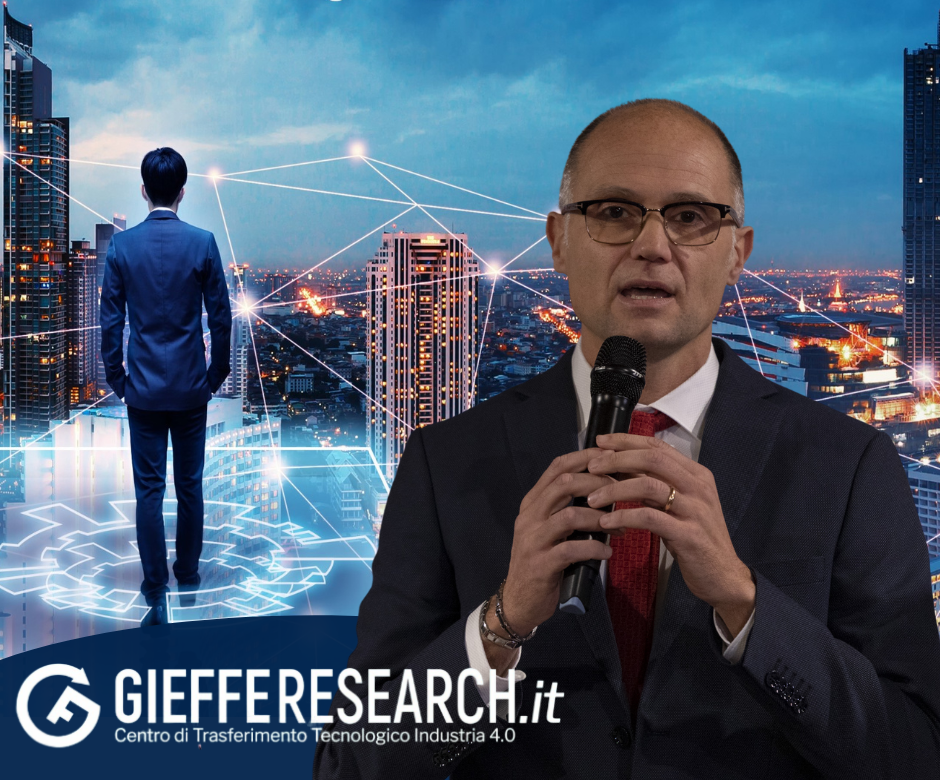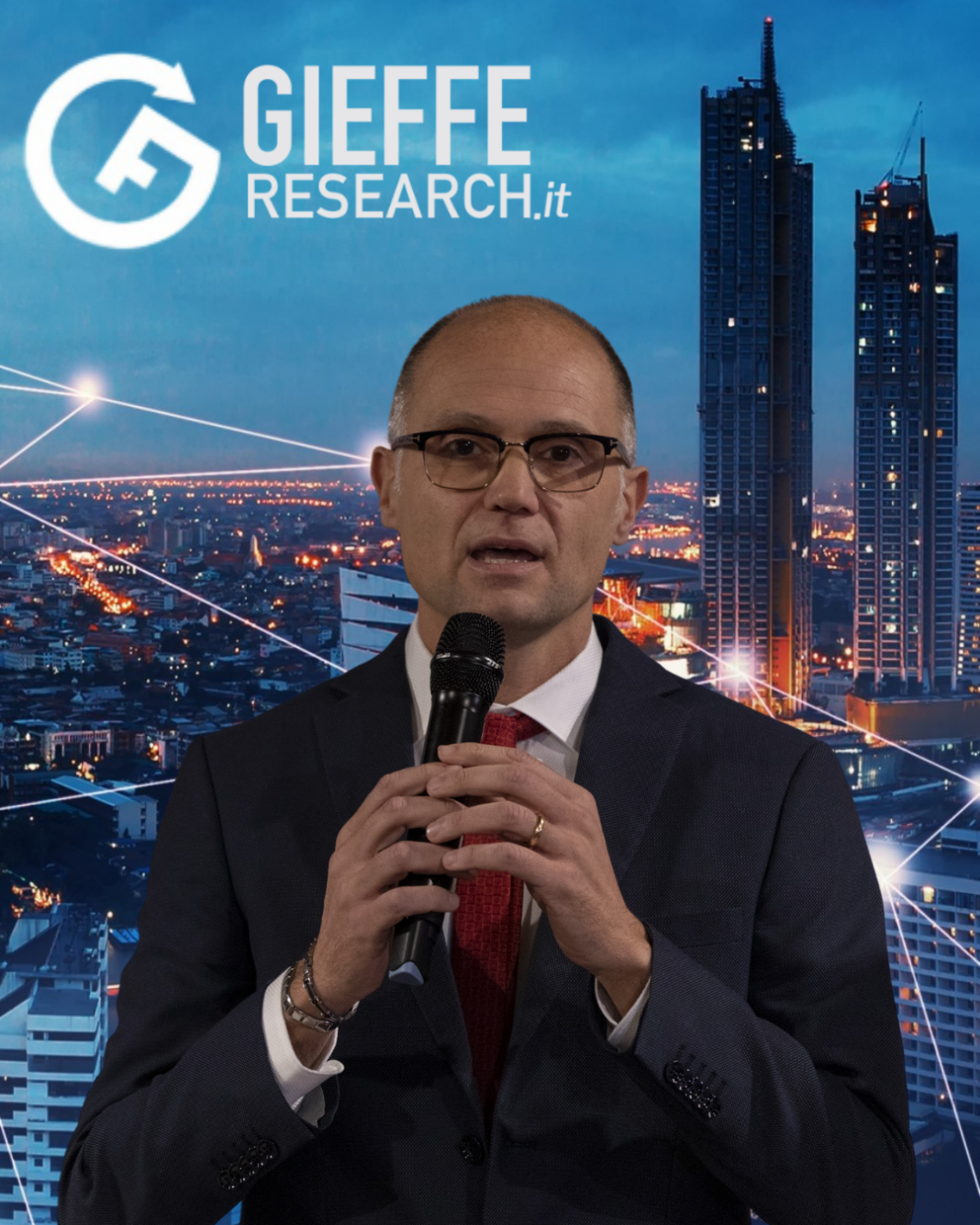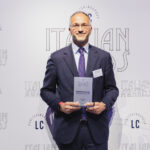Founded by Fabio Glave in 2018, this young and dynamic company is today a unique and integrated partner, capable of supporting Italian companies in their growth and development journey by combining technology, strategy, and finance.
By Roberta Imbimbo
Engineer Glave, what truly sets Gieffe Research apart from a typical consulting firm?
Gieffe Research is not a traditional consulting company, but rather an implementing entity that shares responsibility for the projects it promotes. Registered in the MIMIT Register of Certifying Bodies, it is a qualified, integrated, and reliable partner, capable of guiding Italian companies through concrete development paths using a highly innovative, multidisciplinary approach. It brings together advanced expertise in integrated engineering — technical, technological, fiscal, and financial — enabling technologies for Industry 4.0 and 5.0, and industrial strategy, offering tailor-made solutions that address the specific needs of each business. The company’s true strength lies in its ability to develop complex projects that serve as real accelerators of growth. These projects go far beyond the generation of financial resources — such as tax credits, fiscal incentives, and innovative finance tools — by addressing and solving concrete technical and technological challenges that often hinder a company’s full potential. Gieffe Research acts as a facilitator of digital transformation, helping businesses adopt smart technologies, interconnect production systems, and implement automation and artificial intelligence solutions. The goal is twofold: to enable sustainable innovation and to accelerate competitive growth, making companies more agile, resilient, and equipped to meet the challenges of modern industry.
Today, there’s a lot of talk about digital transformation. How strategic is it really for Italian companies?
It’s absolutely crucial. It’s no longer an option — it’s a necessity. Digital transformation is the foundation for any kind of innovation, whether in processes, products, or services. Companies that fail to digitize their processes and products will be out of the market within a few years. We support businesses in this transformation with an integrated approach — technical, technological, but also strategic and financial. Digitalization means redesigning your business model, integrating artificial intelligence into your processes, and building smart, interconnected capital goods. But it also means generating new knowledge — which must be protected and turned into economic value.

What do you mean by “protecting innovation”?
I’m referring to the creation of industrial property rights: patents, trademarks, designs, and models. Italian companies conduct a lot of research and development, but far too often they fail to protect the results of what they create. That’s a mistake. Patenting is not only about defending your ideas — it’s also about enhancing them. Industrial property titles can and should be recorded in a company’s balance sheet as assets, strengthening its capital base and overall solidity. Furthermore, they open the door to significant fiscal benefits.
So innovation and protection go hand in hand?
Exactly. Innovating without protecting is like building a house without doors or locks. At Gieffe Research, we help companies develop technological solutions and transform them into protected, defensible, and fiscally valuable capital. In this way, the return on R&D investment becomes faster, safer, and more strategic.
Let’s talk about incentives. How do you help accelerate business growth?
We do a lot of work with engineering-based diagnostics and mapping of companies, integrating technical, financial, and fiscal analysis tools. We co-develop projects with companies to access benefits such as tax credits for research, development, innovation, and Industry 4.0 transition. We are an accredited Technology Transfer Center under the Ministry of Enterprises and Made in Italy and are official certifiers for R&D and innovation tax credits. This allows us to provide companies with regulatory and fiscal certainty, avoiding risks and delays.
Looking ahead, what will be the key challenge for Italian businesses?
The real challenge will be knowing how to integrate digital transformation with business strategy, protect intangible assets, and leverage all available fiscal tools. Innovation alone is not enough — you need to know how to extract value from it. Those who can do this will not only secure their industrial future but also lead Italian competitiveness on the global stage.
For more information: www.giefferesearch.com























































